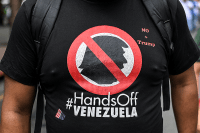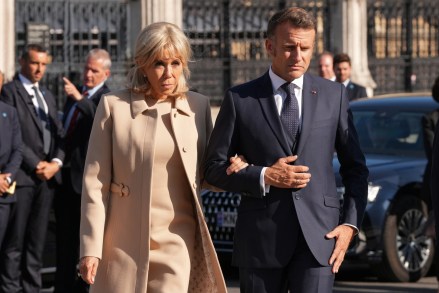Is the British Council worth saving?
The British Council, the cultural arm of the UK government, is in deep trouble. The 91-year-old organisation is struggling to repay a £200 million-pound loan from the Covid era and there is anxious talk of up to 40 centre closures and a possible 2,000 job losses. Assets are being sold off to try and keep the show on the road. There is a problem that the Council does not really know what it is for – or perhaps it knows, but does not relish, its mission ‘We really need help on that loan,’ says Scott Macdonald, the Council’s beleaguered chief executive. ‘The government has got to turn it into something





















